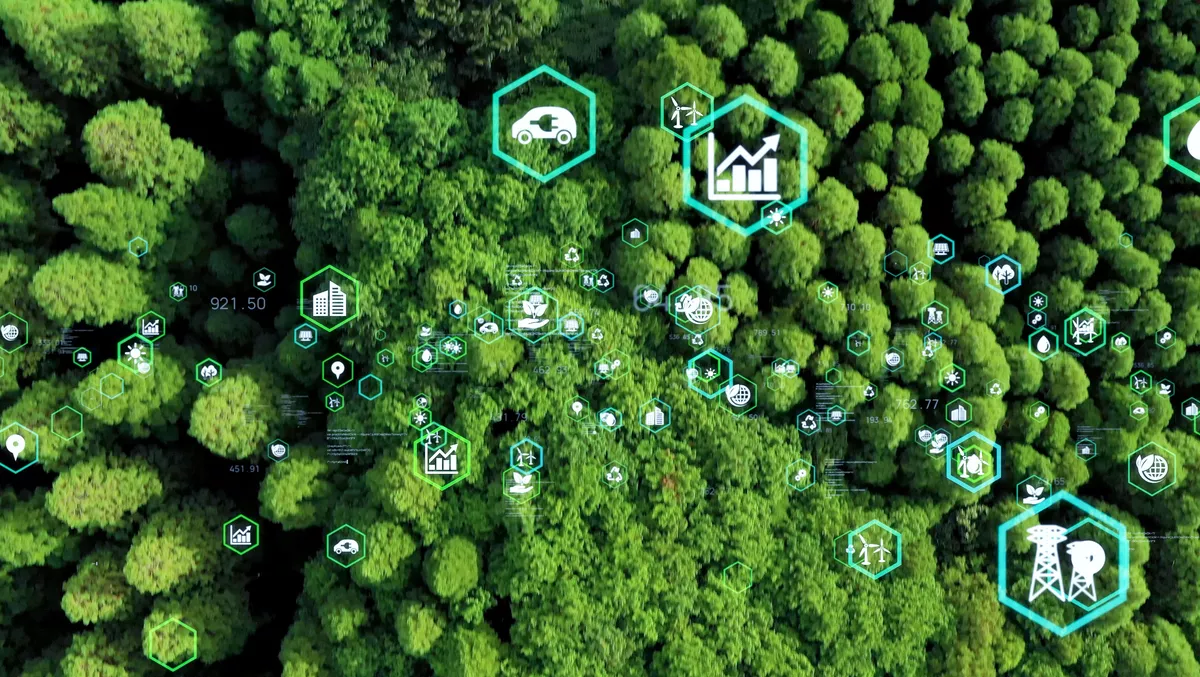
Sustainability improves profit for 44% of organisations
NTT has released the results of a global corporate sustainability survey, identifying the most effective business practices to advance sustainability goals.
In the report, "Innovating for a Sustainable Future," NTT partnered with ThoughtLab and found that 44% of companies experience improved profitability due to sustainability. The company says this indicates that sustainability programs are now both an ethical and a business imperative to drive positive change and deliver better financial results.
The report shows that 69% of global executives agree that digital innovation is key to achieving sustainability goals across environmental, social and economic areas.
The study covers 500 companies and examines how firms incorporate sustainability into their business strategies and the outcomes they are experiencing.
Highlights from the report include:
- Now more than ever, organisations are taking sustainability practices seriously. Of the organisations surveyed, 68% say building a sustainable future is a top priority for their boards.
- The pandemic proved to be a watershed moment for many organisations, with 47% stating that the pandemic elevated the importance of sustainability goals.
- Among the top benefits as a result of sustainability initiatives, 33% of organisations experience decreased costs through improved efficiencies, 32% experience greater innovation and/or new business models and 24% experience increased revenue growth.
- Only 12% of organisations worldwide indicate that sustainability is mostly 'lip service'. Nearly four out of ten companies state that customers, employees, shareholders and communities expect them to drive positive change.
"As the global population refocuses its attention on the health and wellbeing of people and the planet, we have seen a renewed commitment from organisations to implement and advance sustainable business practices," says NTT head of Global Marketing, Vito Mabrucco.
"At the same time, the health of people versus the health of profits is not an either-or-decision. Sustainability and profitability are becoming mutually reliant."
The report defines sustainable development following the United Nations' 17 Sustainable Development Goals (SDGs), a blueprint for creating a more sustainable future by 2030. NTT says it has aligned its business objectives with these SDGs, covering three key categories: social good, environment, and economic growth and development.
NTT and ThoughtLab grouped companies into three maturity categories (beginners, intermediates and advanced/leaders) based on their progress within a framework of 10 initiatives for driving sustainable innovation, including: 1. Develop a vision, strategy, implementation plan and budget. 2. Develop an effective organisational structure, skills and resources. 3. Communicate goals to all stakeholders, investors, customers and employees. 4. Set, track and report metrics for sustainability performance. 5. Drive supply chain efficiency and operational innovation. 6. Lead product and service innovation. 7. Embrace business model innovation. 8. Harness advanced digital technology. 9. Integrate sustainability goals and metrics into investment decisions. 10. Utilise a commonly used measurement framework (such as GRI, SASB or TCFD).
Looking exclusively at the achievements of leaders: NTT has outlined a set of best practices based on the analysis of the study to help organisations achieve their sustainability goals. These best practices include:
Building the foundation for sustainability excellence: Set a clear sustainability vision, strategy and organisational structure; monitor performance against sustainability metrics; and incorporate sustainability deep into the business.
Harnessing digital innovation to drive sustainability results: For leaders, sustainability and digital innovation are two sides of the same coin. Leaders draw more on digital technologies, particularly the cloud, AI and IoT, and understand that the best results come from interconnecting them.
Building partnerships that work together to deliver on common sustainability goals: Leaders work more closely with supply chains and develop ties with a broader range of partners, from multilateral organisations and NGOs to industry and consumer groups.


